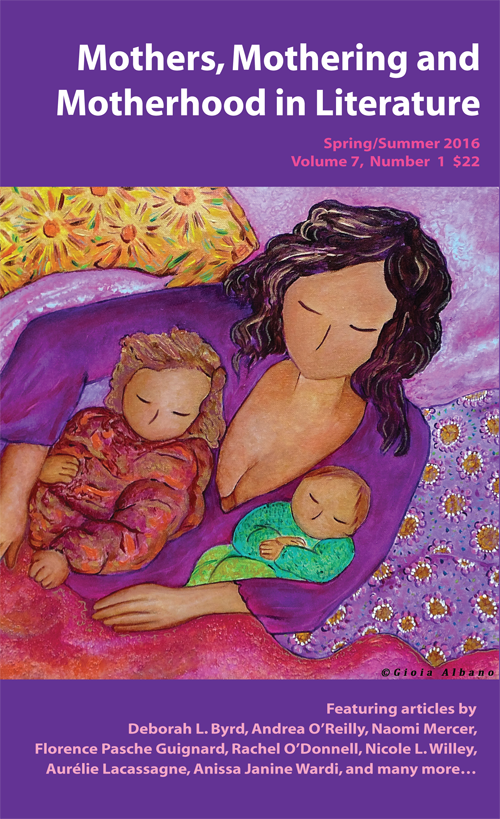The Power of a Black Mother’s Anger: “The Runaway Slave at Pilgrim’s Point” as a Critique of White Abolitionist Discourse
Abstract
Elizabeth Barrett Browning’s “The Runaway Slave at Pilgrim’s Point” gives voice to a black mother who is morally outraged by the horrors that she has experienced as an enslaved female. After observing the brutal beating (and, most likely, the murder) of the male slave she loves, this unnamed black woman is gang raped and impregnated; shortly after giving birth, she kills her light-skinned son and flees in search of freedom. Before being stoned to death when her owner-rapist catches up with her, she openly castigates all whites who actively defend or passively condone slavery and calls on her fellow slaves to rise up in militant resistance. In addition to being a sophisticated critique of slavery, “The Runaway Slave” is also a powerful critique of Anglo-American abolitionist discourse about enslaved black women. Almost all other white abolitionist poets depict female slaves as mothers who helplessly lament their inability to protect their children from harm; though certainly sympathetic figures, these black mothers are presented as helpless victims who feel little anger or sense of agency. By contrast, “The Runaway Slave” anticipates the arguments advanced in bell hooks’s Killing Rage, presenting an enslaved black mother’s anger as a legitimate, empowering, and morally justifiable response to white supremacist patriarchy.Downloads
How to Cite
Issue
Section
License
All intellectual property in relation to material included on this site belongs to the Motherhood Initiative for Research and Community Involvement (MIRCI). All material on this site is protected by Canadian and international copyright and other intellectual property laws. Users may not do anything which interferes with or breaches those laws or the intellectual property rights in the material. All materials on the Motherhood Initiative for Research and Community Involvement (MIRCI) are copyrighted and all rights are reserved. Any reproduction, modification, publication, transmission, transfer, sale, distribution, display or exploitation of the information, in any form or by any means, or its storage in a retrieval system, whether in whole or in part, without the express written permission of the Motherhood Initiative for Research and Community Involvement (MIRCI) is prohibited. Please contact us for permission to reproduce any of our materials. This site may include third party content which is subject to that third party's terms and conditions of use.


